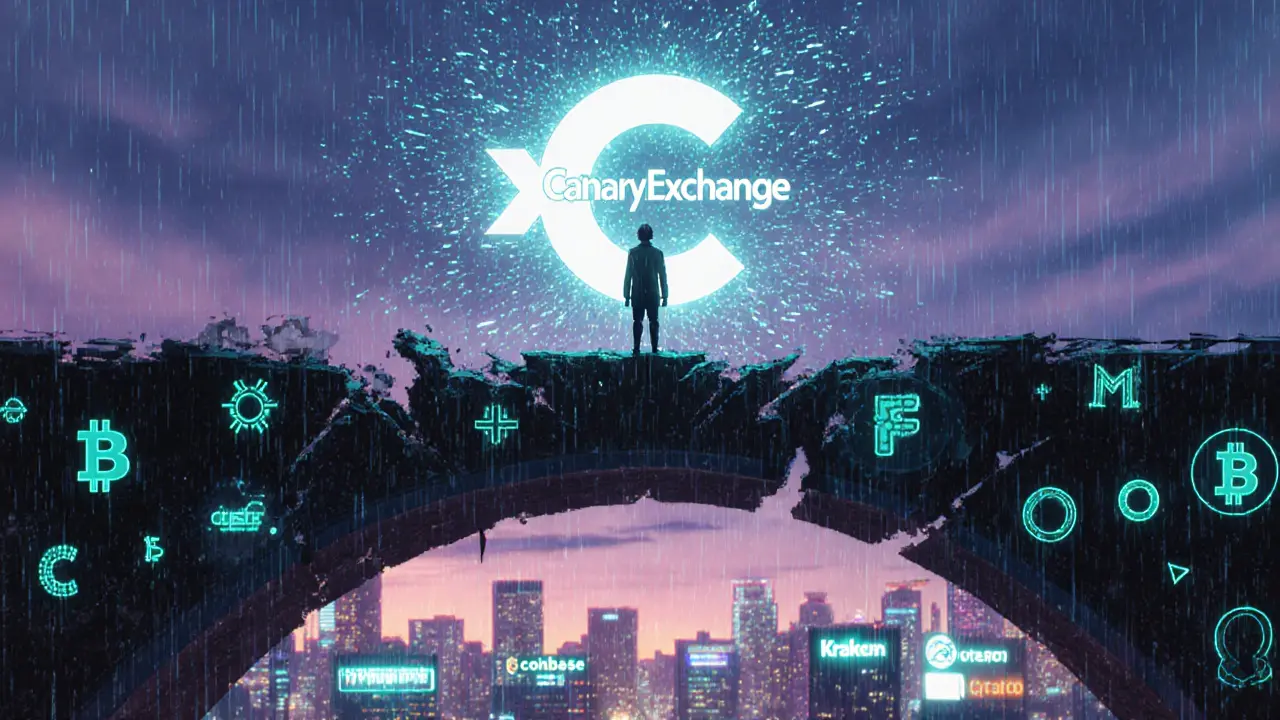Cryptocurrency Platform: The Hub of Modern Digital Finance
When talking about cryptocurrency platform, a digital ecosystem that lets users trade, store, earn and interact with crypto assets. Also known as crypto platform, it brings together services that would otherwise sit in separate corners of the internet. A typical platform bundles a crypto exchange, the marketplace where users swap tokens, an airdrop, free token distributions used to kick‑start projects, and often an NFT marketplace, a space for buying, selling and showcasing non‑fungible tokens. The whole setup lives under the watch of crypto regulation, rules that aim to protect investors and keep the ecosystem safe. In short, a cryptocurrency platform **encompasses** trading, token rewards, digital collectibles and compliance all at once.
One of the biggest draws of a platform is its exchange component. Exchanges differ in fee structures, security models and supported assets, so users often pick the one that matches their trading style. For example, platforms like Bitget and SheepDex focus on low fees and copy‑trading features, while others such as United Exchange highlight regulatory licensing and insurance coverage. This diversity matters because a well‑chosen exchange can lower transaction costs and reduce the risk of hacks.
How Airdrops and NFT Marketplaces Boost Platform Appeal
Airdrops act as a growth engine. By handing out free tokens—think TAUR Generative NFT airdrop or EPCOIN x CMC launch—platforms attract new users, increase wallet activity and generate buzz. The more engaging the airdrop (e.g., a play‑2‑earn model like DAR Open Network), the higher the retention rate. Meanwhile, NFT marketplaces add a creative layer. Platforms that host aggregators or dedicated NFT hubs let artists and collectors trade assets without leaving the ecosystem, turning casual traders into long‑term community members.
Regulation is a double‑edged sword. On one hand, clear rules—such as Jordan’s Virtual Assets Law or the Philippines’ crackdown on unlicensed exchanges—protect users from fraud and give platforms a legitimacy boost. On the other hand, overly strict policies can throttle innovation, especially in fast‑moving sectors like DeFi or layer‑2 scaling solutions. Smart platforms stay ahead by integrating compliance tools, KYC checks and transparent reporting while still offering flexible DeFi services.
All these pieces—exchange, airdrop, NFT marketplace and regulation—interact in predictable ways. A robust exchange attracts liquidity, which fuels better airdrop distribution, which in turn draws more creators to the NFT side, and all of this pushes regulators to pay attention. That chain reaction is why a good cryptocurrency platform feels like a living organism, constantly adapting to market trends, user demands and legal developments.
Below you’ll find a hand‑picked collection of articles that dig deeper into each of these elements. From step‑by‑step airdrop guides to detailed exchange reviews and regulatory round‑ups, the posts give you the practical knowledge you need to navigate any cryptocurrency platform with confidence.
 22 Nov 2025
22 Nov 2025
Canary Exchange doesn't exist-what you're seeing is likely a scam or confusion with Canary Capital, a crypto ETF firm. Learn the truth, avoid fake platforms, and find real exchanges to trade crypto safely in 2025.
View More
 4 Jul 2025
4 Jul 2025
A deep dive into Diffusion Finance crypto exchange, covering its known features, missing data, security checklist, and how it compares to major exchanges.
View More

